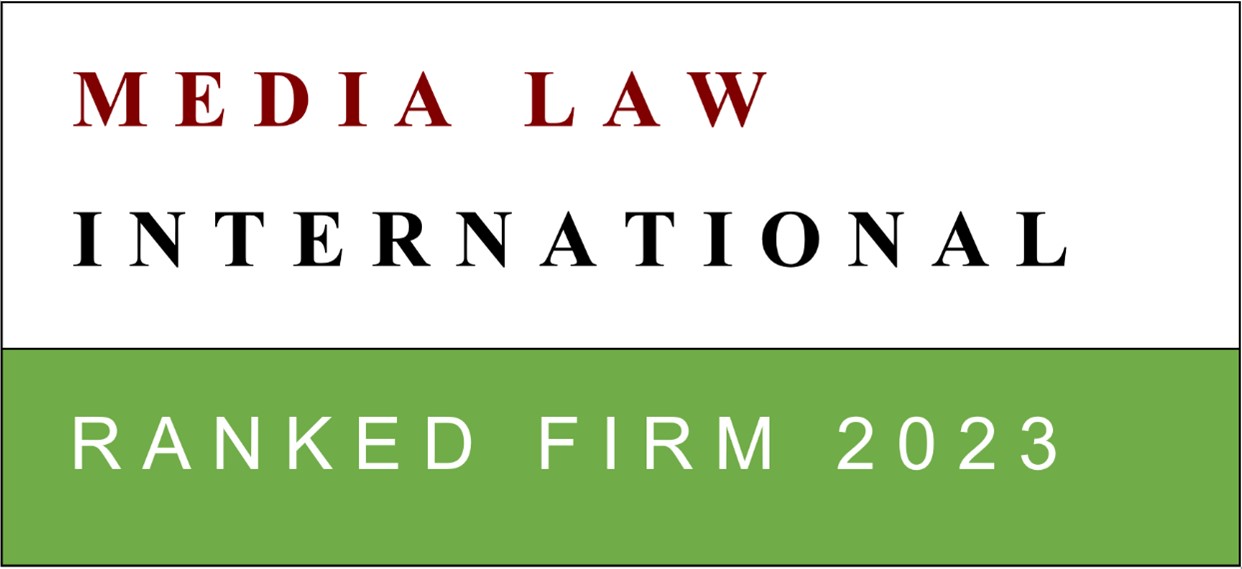by Oana Strătulă (Partner)
In trying to solve the desperate situation in which the health system in Romania is found, authorities are testing new solutions: pilot hospitals. This is an attempt to limit the funding of the pilot hospitals from the state or local level. Their income will come from, among others, European funds and rental services of some medical spaces1.
Everywhere in the world, and even more so in Romania, where the private sector continues to have a reduced share in the provision of health services, public hospitals are an essential element of the health care system, since they provide both basic medical services, as well as highly specialized services including, or mostly, for the disadvantaged groups of the population.
For this reason, and considering the almost disastrous situation in which the public health system in Romania is for the moment, it is obviously necessary to identify solutions for improving the effectiveness and quality of healthcare services which are provided by public hospitals. For this purpose, the Health Ministry launched under public debate a draft law regarding the modification of the hospitals’ statutes, supplemented and amended on August 27, in which a total of 12 public hospitals, called pilot hospitals, will be reorganized as autonomous health institutions.
What novelty brings the new legal regime of pilot hospitals?
Pilot hospitals will be classified into pilot hospitals of national interest (regional and emergency hospitals) and pilot hospitals of local interest (municipal and town hospitals). At the initiative of the institution that has under its responsibility the management of the hospital, pilot hospitals of local interest can be reorganized also as medical associations or foundations, of public utility, with legal statute under private law, with no patrimonial purpose, that aim to provide medical services of general interest, or in the interest of some collectivities.
In order to improve the quality of medical services, it is designed that a quality management unit will function in the structure of each pilot-hospital, framed with personnel trained in this area, as well as a medical dispatcher with attributions in planning medical hospitalizations. As a novelty, the staff hired in the pilot hospitals will not have anymore nor the statute, neither the norms of the wage of state employees, thereby the hiring and the promotion of such staff will be made by the unit manager, in accordance with the provisions of the Labour Code and the collective labour agreement.
In regards to the wage, the draft law provides that this will start from a minimum wage, represented by the existing wage at the moment of taking the staff in the new form of organization as an autonomous health institution, the Management Board having the right to establish a pay system based on performance.
How will pilot hospitals be funded?
Given that, at EU level, in accordance with European Council Regulation no. 2223/96 on the European System of national and regional accounts in the Community, hospitals qualify as non-profit institutions for which more than 50% of the production costs are covered by sales, it is considered that they belong to the sector of non-financial companies and in no case to the one of public administration.
For this reason, the draft law proposes to limit the funding of pilot hospitals from the state or local level, their income being planned to come from the following sources: health service contracts concluded with the local public health insurance houses or other legal entities at request; non refundable European funds; rental of medical facilities, equipment or medical devices; medical services provided privately; related donations, sponsorships; research contracts; contracts for clinical trials; co-payment for medical services; health, hotel services or or other nature provided upon request; internal or external loans; joint ventures or public – private partnership; publishing and providing medical publications.
Funding from the state budget, through the Health Ministry, of the pilot hospitals belonging to the network of local public authorities will be conditioned, on one hand, by the amount and destination of the sum, and on the other hand, by a mandatory minimum contribution of the local public administration authorities.
Thus, the pilot hospitals from the local public administration authorities network can receive amounts from the state budget for equipping with medical devices or for major repairs, but only to the extent that local authorities take part with funds amounting to at least 30% of the investments. In other words, for the most important investments, respectively for equipment and repairs, pilot hospitals may receive funds from the state budget only if the local public administration authorities will be able to support a minimum 30% of the investments.
It is beyond doubt that over the current situation of public hospitals in Romania, which are, in many cases, on the verge of collapse, state authorities should take urgent action to put them on track, but it remains to be seen whether the autonomy expected by this draft law would be likely to improve the situation of hospitals or, on the contrary, it will speed up their end.
1. This is a translation of the article published on October 09, 2013 in Business24.ro. For the Romanian original text, please visit this link: http://www.business24.ro/sanatate/sanatate-publica/editorial-oana-stratula-de-ce-ar-creste-nivelul-sanatatii-daca-spitalele-ar-fi-fundatii-1535541






